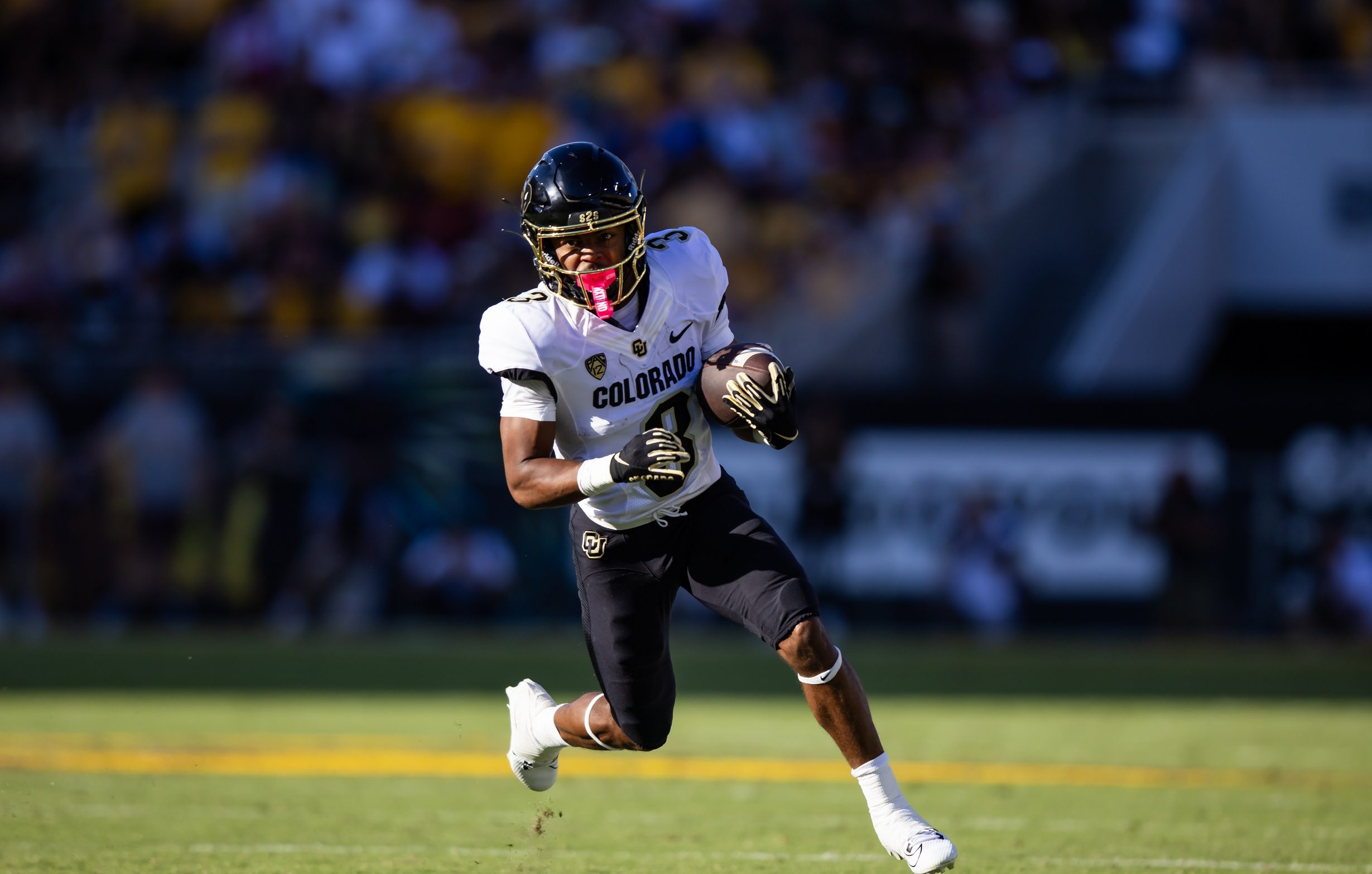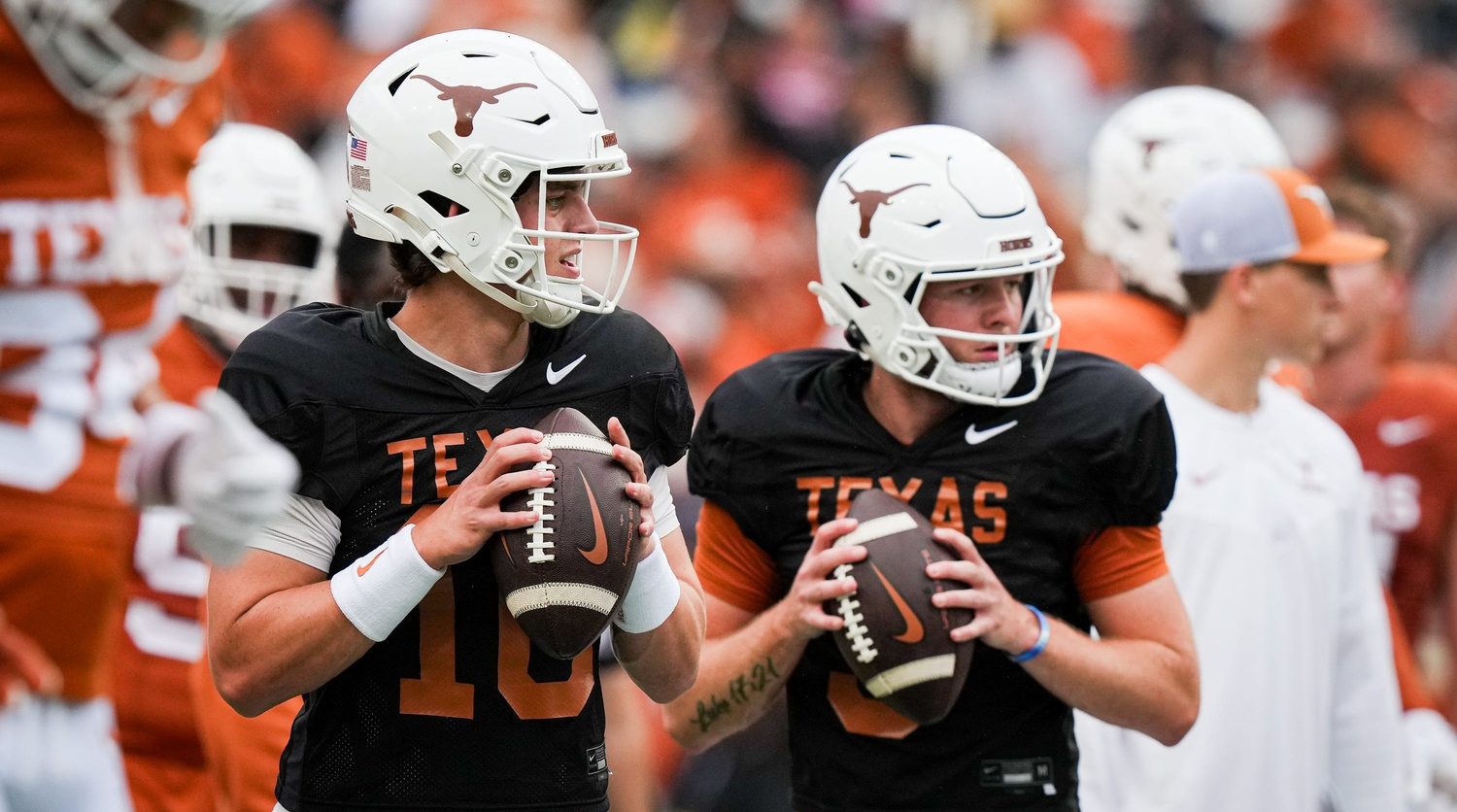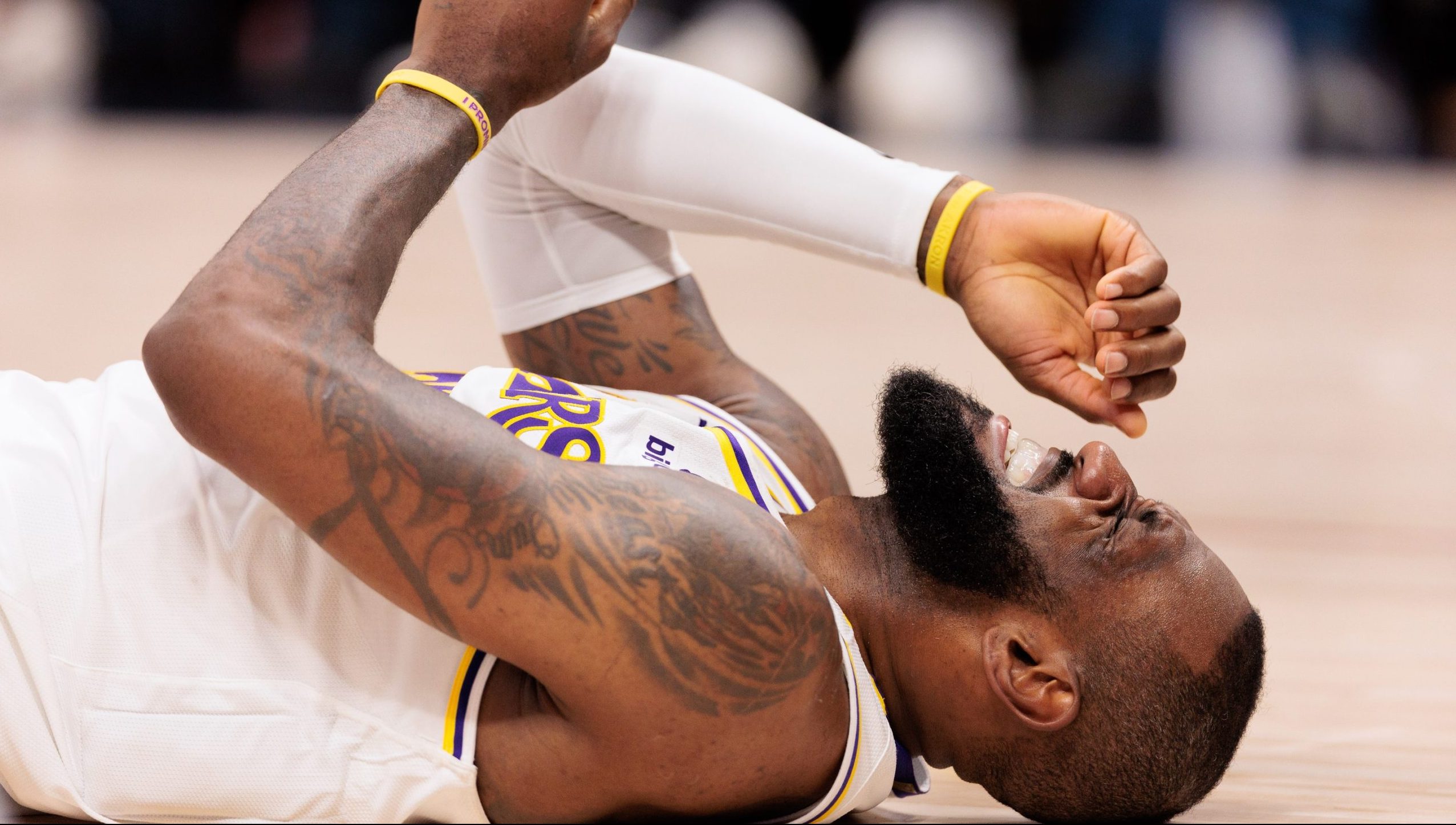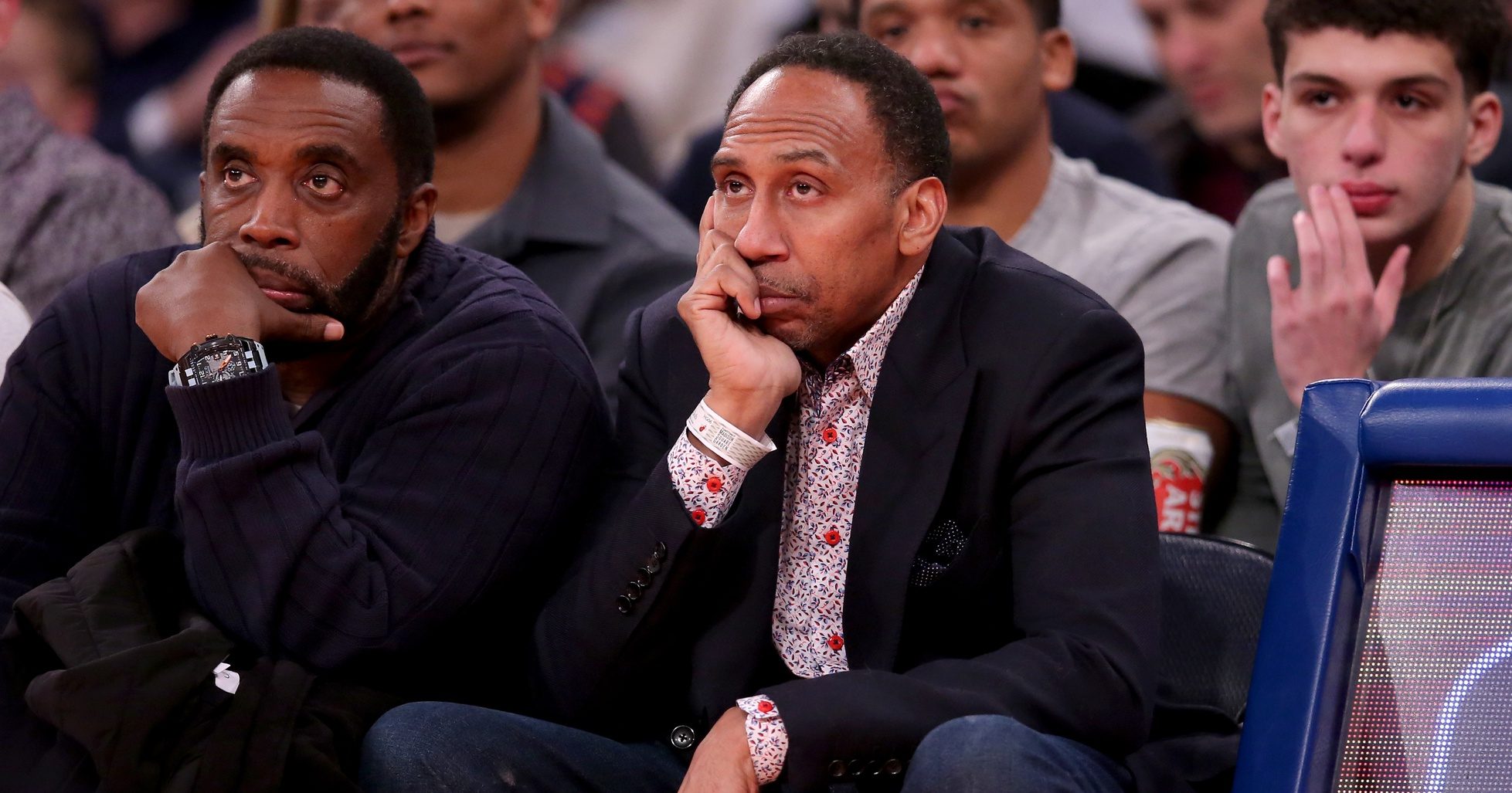You’re about to start seeing liquor ads during NFL games this season. According to the Wall Street Journal, the NFL has relented on allowing liquor ads during games, though the total spots will be limited to just four per game and two during pre and postgame shows.
The NFL said it will accept no more than four 30-second hard liquor spots per game with a limit of two such spots in any quarter or during halftime. In addition, the networks airing the matchups—ESPN, Fox, CBS and NBC—can run two spots in pregame and postgame programs.
The ads have to include a “prominent social responsibility message” and can’t have a football theme or target underage drinkers.
The NFL confirmed the policy change. While described as a one-season test, the policy is expected to become permanent, an NFL executive said.
I have no idea what a “prominent social responsibility message” entails. Just a “drink responsibly” line at the end of it?
The NFL apparently didn’t want advertising from liquor companies on their broadcasts because they didn’t want fans to associate booze with NFL players. Yes, because that makes perfect sense, since it’s completely normal to associate Peyton Manning with Bud Light but not with Jack Daniels.
But the ban on spirits had held firm amid concerns of associating hard liquor with famous football players in front of young fans. Broadcasters and other professional sports leagues started easing into accepting ads from spirits brands several years ago.
Believe it or not, the NFL also still doesn’t accept ads from birth control or energy drink companies. Sorry, Rockstar and Trojan fans.
Most prominent on its list of “prohibited advertising categories” are condoms and other forms of birth control. While those spots aren’t allowed, the league has no problems with commercials for performance enhancing erectile dysfunction drugs.
Also, while many people like to mix their vodka with an energy drink, they won’t get that idea from the NFL, which still wants nothing to do with Red Bull and similar energy drinks.
Vitamin retailer GNC is still called a prohibited company, because according to the league, it’s “associated with substances banned by the NFL,” which you would think would apply to any retailer that sells sports nutrition products (or uh, Gatorade and their growing line of supplements), but apparently not. Earlier this year, GNC had a Super Bowl ad pulled by the league.
Gambling is still off limits (though who knows if that will change once the Raiders officially move to Las Vegas), as are “excessively violent movies and videogames”. That’s one hell of a slippery slope, with the league claiming it will determine whether or not a game or movie is too violent to be shown in an ad before or after dudes headbutting each other on the field.
It’s only a matter of time until a liquor company gets an NFL sponsorship and plasters its logo all over your screen.







In before the “but they still suspend players for marijuana” crowd.
Marijuana is illegal in most of America. It doesn’t matter if that is right or not. Alcohol is not illegal and is readily consumed in most of America.
That’s the difference. What message does it send if the NFL says they’re fine with people committing a crime?
If you don’t like the rule, vote in politicians that can change the law.
Repeated pot use messes with your brain. It’s like giving your brain a mini-concussion.
“The ads have to include a “prominent social responsibility message” and can’t have a football theme or target underage drinkers.”
Yes, they can’t target underage drinkers but will be featured on NFL football broadcasts that do target under 21 crowd.
Makes sense.
Does the ban apply to local affiliates? Just wondering
Aren’t liquor (and cigarette) advertisements on television regulated under Federal law?